Lent and Ramadan are marked by reflection, community, and fasting. They also offer more than spiritual benefits.
The two religious activities establish blueprint for sustainable, healthful lifestyle well beyond their conclusion.
The disciplined eating and hydration practices adopted during the fasting period can transition into lifelong habits, contributing to overall well-being.
It’s not enough to limit sweets and processed foods; eating is also about understanding the role of food density and its impact on satiety
This deeper dive, guided by insights from African and Nigerian health professionals, explores advanced strategies for maintaining these beneficial habits with a fresh perspective.
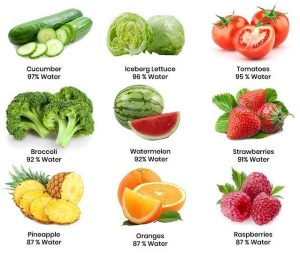
Hydration beyond water
Hydration extends beyond mere water intake,” asserts Dr. Temitope Ibiyemi, Nigerian-born nutritionist based in the United States.
He introduces the concept of ‘eating your water,’ that is, consuming high-water-content fruits and vegetables such as cucumber, watermelon, and orange to enhance hydration.
This approach offers dual benefits: hydration and nutrient intake, providing vitamins and minerals essential for post-Ramadan vitality.
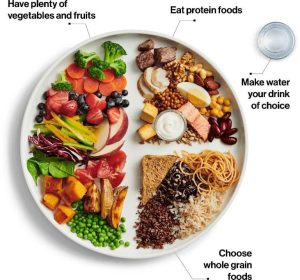
Balanced meals
While the importance of a balanced diet is well-recognized, a nutritionist and the immediate past President of Nutrition Society of Nigeria Ngozi Nnam, delves into the synergy between food groups.
She explains how combining certain foods can enhance nutrient absorption, such as vitamin C-rich fruits with iron-packed leafy greens to boost iron absorption, a critical consideration for maintaining energy levels and cognitive function after Ramadan.
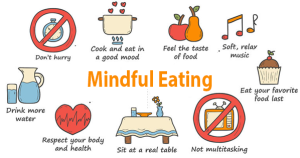 Mindful eating and emotional health
Mindful eating and emotional health
Professor Olubiyi Adewale from the National Open University of Nigeria emphasizes the often-overlooked connection between mindful eating and emotional well-being.
“Mindful eating practices cultivated during Ramadan can significantly impact our stress levels and emotional health,” he reveals. By continuing these practices, individuals can foster a more profound connection to their meals, enhancing both digestion and mental health.
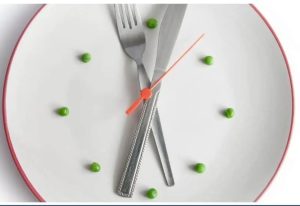
Innovative meal timing strategies
Fatima Yusuf, an experienced director Of nutrition, challenges conventional meal timing advice with a focus on circadian rhythms. She suggests tailoring meal times to one’s biological clock for improved metabolism and energy management, advocating for a personalized approach to eating schedules based on individual lifestyle and health goals.
Redefining moderation
Dr. Ibrahim Adekunle of Lagos University Teaching Hospital introduces a novel perspective on moderation. “It’s not just about limiting sweets and processed foods; it’s about understanding the role of food density and its impact on satiety,” he explains.
Adekunle advocates incorporating nutrient-dense foods that promote fullness with fewer calories, aiding in weight management and metabolic health.
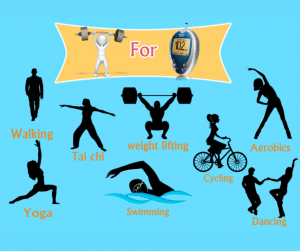 Complementary physical activities
Complementary physical activities
Moving beyond generic exercise recommendations, William Ofori-Atta, a fitness coach in Accra, emphasizes the role of strength training in complementing dietary habits.
“Strength training can enhance muscle mass and metabolic rate, making it a crucial component of a post-Ramadan fitness regimen,” he states.
This approach supports not only weight management but also bone health and physical strength.
Advanced meal planning techniques
Olaniran Esther, a dietician in Port Harcourt, expands on traditional meal planning with a focus on macro and micronutrient balance. “Planning your meals isn’t just about what you’re eating but also about when and why,” she notes.
Planning your meals isn’t just about what you’re eating but also about when and why
Olaniran recommends incorporating a variety of colors and textures to ensure a broad spectrum of nutrients, tailoring meal plans to individual health needs and preferences for a truly personalized diet.
Conclusion
By integrating these advanced strategies and insights from respected professionals, individuals can extend the health benefits acquired during Lent and Ramadan, fostering a holistic approach to well-being that encompasses physical, emotional, and mental health.
This exploration reveals the depth and breadth of post-Lent or Ramadan nutrition and wellness practices, offering new perspectives and practical advice for a healthier, more balanced lifestyle.


